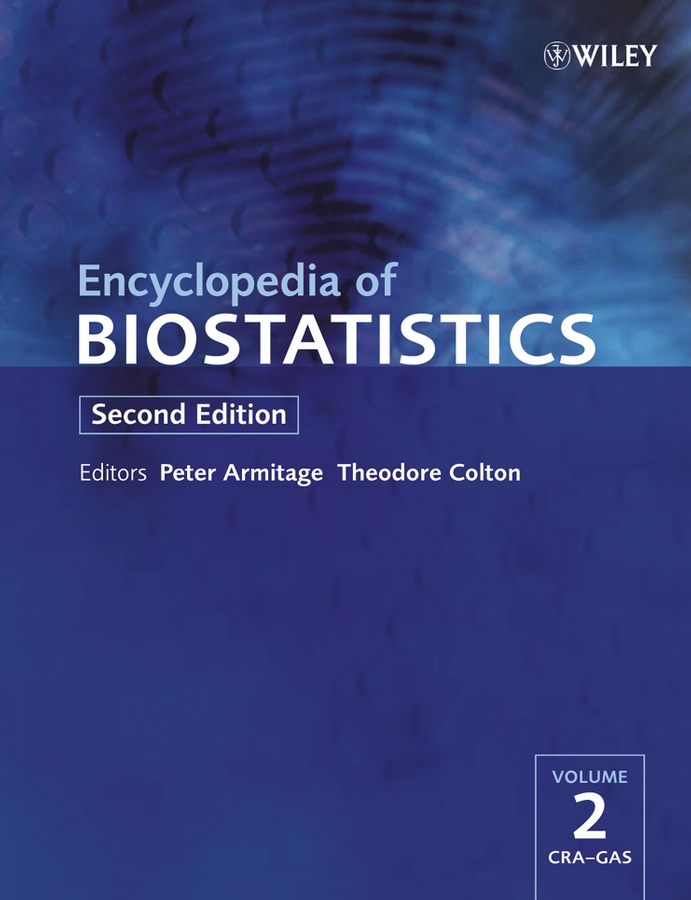Epidemiology as Legal Evidence
Abstract
Epidemiologic studies demonstrating or refuting an increased risk of disease from exposure to a potentially toxic chemical or drug are useful evidence in product liability litigation, environmental regulation, and the determination of a worker's eligibility for compensation due to exposure in the workplace. Different laws often require different amounts of scientific evidence and the strength of the association, usually measured by the relative risk, to convince the fact-finder. In particular, a lesser degree of scientific certainty is needed for eligibility for worker compensation because of the humanitarian nature of these laws and the fact that an employee accepting these payments forgoes their right to sue for other damages. The role of epidemiologic findings in several types of cases is described. Recent developments in the United States concerning the judicial scrutiny given expert testimony based on the results of scientific and technical studies are described.



